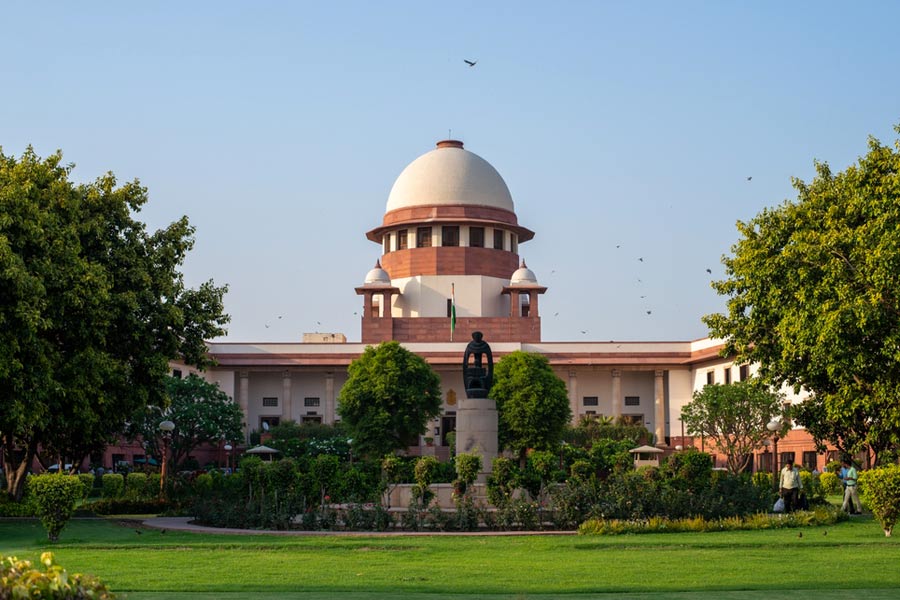Reservations in education and employment suggest that caste discrimination has not been eliminated; the quota system strives to put right historical wrongs. Prejudices, though, are hard to remove and the State, which provides for reservations, paradoxically also institutionalises discrimination where it is least visible. Pronouncing on a petition, the Supreme Court prohibited all caste discrimination in prisons as unconstitutional. Dalits, tribal people and other backward classes prisoners are forced to do work such as scavenging and cleaning while upper-caste prisoners have the right to refuse food cooked by a person from a marginalised caste. Among the existing prison rules referred to by the bench that included the Chief Justice of India was the Bengal manual, which said, for instance, that interference with the religious beliefs and caste prejudices of prisoners is to be avoided and that food should be cooked by a prisoner of a ‘suitable’ caste. This is not just a shocking replication of the discrimination outside the prison that is precisely the opposite of constitutional principles, it is also a way of keeping the power hierarchy of society intact. The prison manuals of different states have similar rules. Those of Bengal, Uttar Pradesh and Madhya Pradesh name prisoners of particular castes who will act as scavengers. That government institutions ratify casteist practices behind closed doors suggests a shocking institutional failure.
The Supreme Court ordered the Centre to bring the Model Prison Manual 2016 and the Model Prisons and Correctional Services Act 2023 up to date according to the conditions it laid down. Among these guidelines is the direction to remove the column headed ‘caste’ and all reference to caste in the prisoners’ registers, to use the term ‘habitual offender’ strictly in the legal sense since they are imprisoned under more rigorous conditions than others while ensuring that members of denotified tribes — considered criminal tribes under British rule — are not arbitrarily arrested. The court also arranged for a system of inspection of prisons and the reporting of irregularities through district, state and national channels that would ultimately come to the court. The discrimination within prisons exposes a failure of the correctional system: when the State needs to correct itself on such fundamental matters as equality, untouchability, non-discrimination and prohibition against forced labour, it is difficult to see how it can correct erring individuals.










